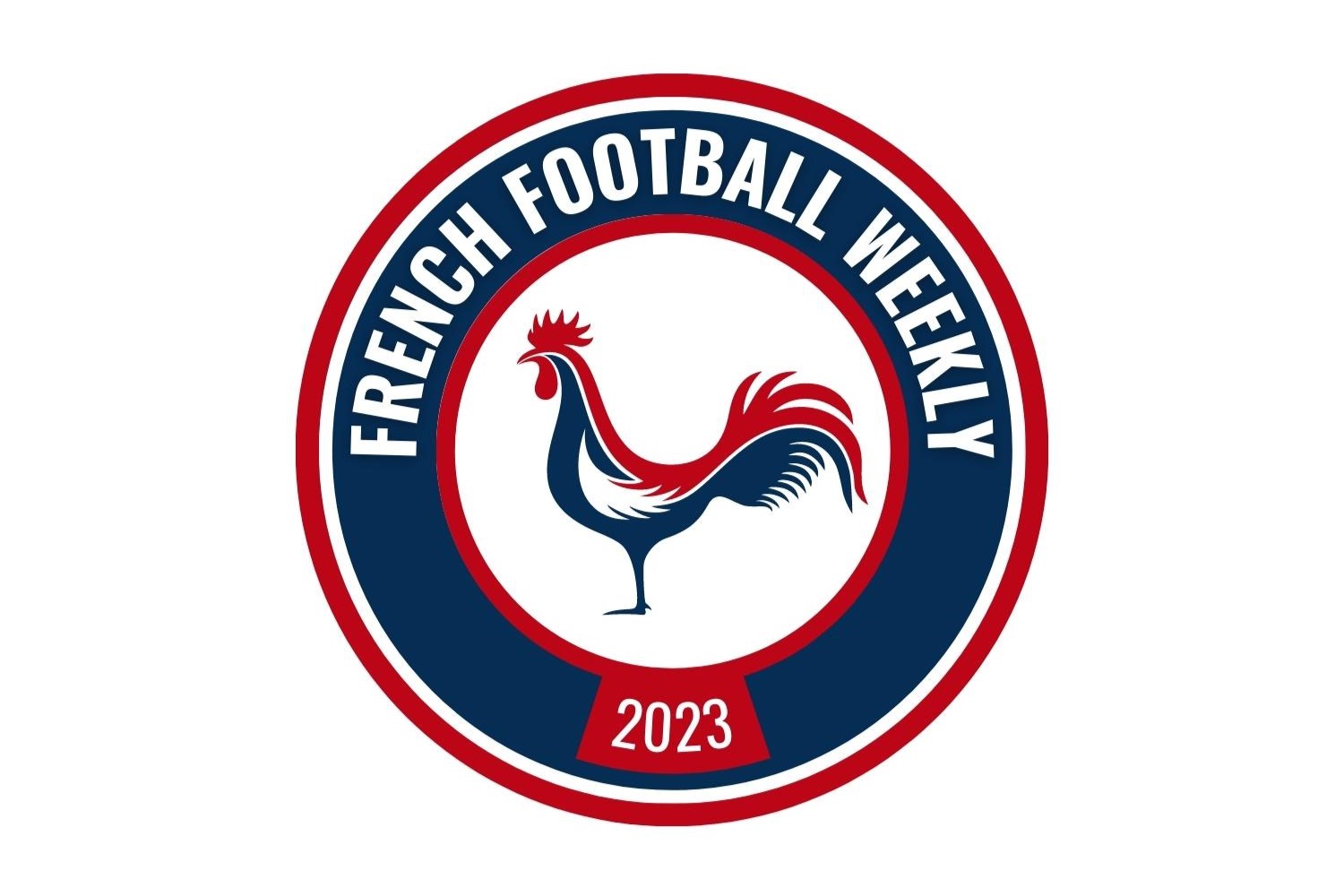ARTICLE AD
For the first time since 1984, the African Cup of Nations is taking place in Ivory Coast. The country, in turmoil, is banking heavily on the success of this sporting event to consolidate its position as the economic locomotive of West Africa.
As the inaugural whistle of the African Cup of Nations took place this Saturday, Ivory Coast is in full swing. Following the Moroccan “Lions of the Atlas”, the first to set foot on Ivorian soil last Sunday, all of the 24 teams competing for this 34th edition of the CAN have taken up residence in the African country. West. Players from the four corners of the continent have arrived in a jubilant Ivory Coast, whose inhabitants have been living for several months in tune with “their” cup, the first to be played in their country in exactly 40 years – in 1984, however, only eight teams opposed each other. Beyond the popular jubilation, palpable in the streets of Abidjan, Bouaké and Yamoussoukro, the Ivorian authorities are also banking heavily on this sporting, economic, diplomatic and political event.
Starting with Ivory Coast’s own president, Alassane Ouattara. During his New Year’s speech, the Head of State called on his compatriots to mobilize “to make this CAN a great celebration of youth, Ivorian hospitality and African brotherhood.” The stakes are high, for a government which makes no secret of its intention to transform the success of the competition into a true showcase of development and a lever of influence for a country sometimes presented as the “economic locomotive” of the region. . As is often the case in matters of sport and, in particular, football, the stakes will be at least as much outside the stadiums as on the pitch. And the least we can say is that the Ivorian authorities pulled out all the stops and did not skimp on resources.
“The biggest CAN in history”
$1.5 billion. This is the total amount of investments that have been made in anticipation of the Ivorian CAN. In terms of sports facilities, first of all: four brand new stadiums have been built and two others have benefited from major renovation work. Fan zones and fan villages have also sprung up near match venues. Criticized for its monster traffic jams – particularly in Abidjan – Ivory Coast has also pulled out all the stops on the issue of transport. Ring roads, interchanges, coastal roads, bridges, motorways and other expressways were built in record time and should help ease traffic congestion, during and after the competition. “We can say that the president (Ouattara) has undertaken major investment works,” said Prime Minister Robert Beugré Mambé, appointed at the end of last year with the mission of accelerating the pace of projects still in progress. course.
“All eyes will be on Côte d’Ivoire for its ability to host and organize this competition in the most beautiful way”wants to believe François Amichia, president of the CAN organizing committee (Cocan): “oWe want to show Africa and the whole world a dynamic country in the process of modernization. This meeting is a fantastic accelerator for all the projects launched. We want to organize the biggest CAN in history and for the legacy to last over time”…. and in the wallets of Ivorians, many of whom see the competition as a financial boon not to be missed. Some 1.5 million visitors, mainly from qualified neighboring countries, but also from around the world, are expected in the country from January 13 to February 11.
So many supporters will have to be fed, housed, transported and entertained outside of matches. Since the launch in 2019 of the “Sublime Côte d’Ivoire” program, the tourism sector has served as a national priority for the government, which aims to place the country in the Top 5 African destinations. Reason why “all sectors, from hotels to restaurants, including transport, are working hard to be ready”assures academic Ladji Karamoko Ouattara in Le Monde.
The question of “after CAN” pending
There remains one question – apart, of course, from the nationality of the victorious team which will lift the cup on February 11 in an overheating Ebimpé stadium: will these investments survive the competition once the fervor has died down? and the supporters went home? The stadiums, first of all, could “bring new life to certain neglected parts of the country”estimates in Le Figaro the former Ivorian international Bonaventure Kalou, but also contribute to making Côte d’Ivoire “a hub for national teams who do not have a field”, we hope at the Ivorian football federation. As for the road infrastructure and the herculean construction site for the Abidjan aerial metro, they should, logically, continue to benefit Ivorian users as a priority once the competition is over.

.jpg) 1 year ago
74
1 year ago
74 